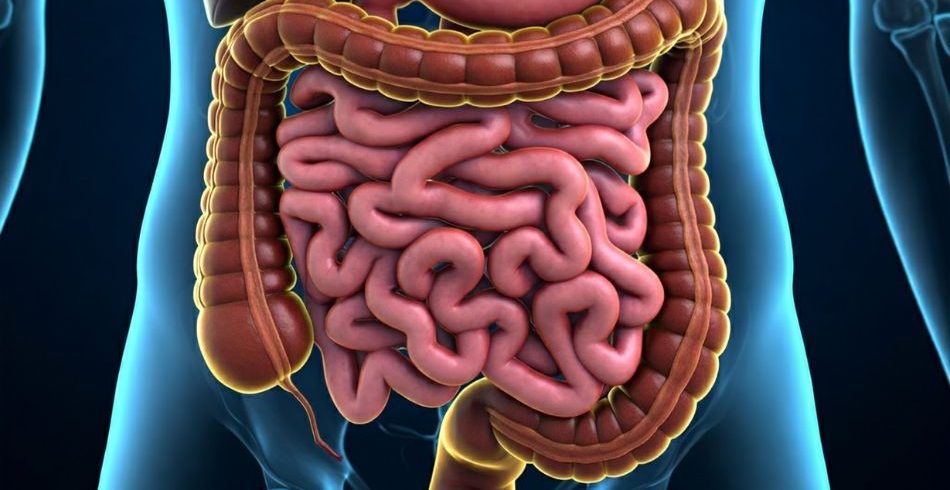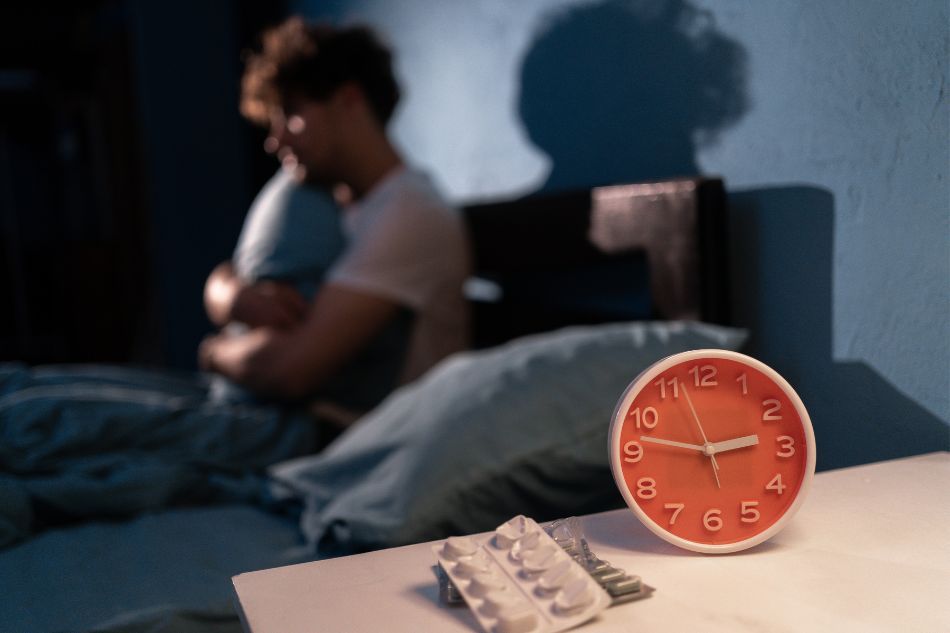
There is a growing body of scientific evidence that shows a strong, yet misunderstood, link between anxiety and the gut microbiome. This intricate connection suggests that the trillions of microorganisms residing in our digestive tract could play a significant role in our mental well-being.
Anxiety, a pervasive and often debilitating condition, affects millions worldwide. While traditional treatments such as psychotherapy and medication offer relief for many, emerging research is shedding light on the potential of gut-targeted interventions as a complementary approach to anxiety management. Let’s explore the latest research into how gut health affects our mood and mental health, and uncover potential strategies for cultivating a calmer mind through a balanced gut microbiome.
What is the human microbiome?
The human microbiome is a complex community of microorganisms—predominantly bacteria, but also viruses, fungi, protozoa, and archaea—that reside in and on the human body.
The microbiome functions as an integral part of the human body, influencing various physiological processes. The collective genome of the gut microbiome, which is the largest and most diverse part of the human microbiome, exceeds over 100 times the amount of human DNA in the body. This vast genetic potential underscores the significant role of the microbiome in human health and disease.
The gut microbiome, housed primarily in the large intestine, is particularly influential. It is involved in nutrient absorption, vitamin synthesis, immune system development, and even brain function through the gut-brain axis.
Microbiome, Anxiety, and Depression: More Than Just a Gut Feeling
Imbalances in the gut microbiome, known as dysbiosis, have been linked to various health conditions, including gastrointestinal disorders, metabolic diseases, and, increasingly, mental health issues like anxiety and depression. Understanding the complex interactions between the gut microbiome and the human body is crucial for developing new strategies to promote health and prevent disease. Here is what we know so far:
- Neurotransmitter Modulation:
- Gut bacteria produce and regulate neurotransmitters like GABA (gamma-aminobutyric acid) and serotonin, which are crucial for mood regulation.
- Imbalances in gut bacteria can disrupt neurotransmitter levels, potentially contributing to anxiety and depressive symptoms.
- For example, studies have shown that certain strains of Lactobacillus and Bifidobacterium can increase GABA levels in the brain and alleviate anxiety-like behaviors in animal models.
- Serotonin, often called the “happy hormone”, is involved in mood regulation, sleep, and appetite. Gut bacteria contribute to the production of serotonin precursors, and imbalances in the microbiome can disrupt serotonin levels.
- The Immune System and Inflammation:
- The gut microbiome plays a significant role in modulating the immune system and inflammatory responses.
- Research suggests that gut dysbiosis can lead to increased intestinal permeability (leaky gut), allowing bacteria and their byproducts, such as lipopolysaccharides (LPS), to leak into the bloodstream, triggering an inflammatory response.
- This inflammatory response can impact brain function and contribute to the development or exacerbation of anxiety and depression.
- The Stress Response (HPA Axis):
- The gut microbiome also influences the hypothalamic-pituitary-adrenal (HPA) axis, the body’s central stress response system.
- Studies have shown that gut dysbiosis can lead to HPA axis dysregulation, contributing to heightened stress responses and increased vulnerability to anxiety.
- The Vagus Nerve:
- The vagus nerve, a major communication pathway between the gut and the brain, can transmit signals from the gut microbiome to influence brain activity and mood.
- Research suggests that stimulating the vagus nerve can have anxiolytic effects, highlighting the potential role of the gut-brain connection in anxiety management.
- Tryptophan Metabolism:
- Gut bacteria play a role in the metabolism of tryptophan, an essential amino acid that is a precursor to serotonin.
- Imbalances in gut microbiota can affect tryptophan metabolism and lead to altered serotonin levels, impacting mood and anxiety.
- Short-Chain Fatty Acids (SCFAs):
- SCFAs, produced by gut bacteria through the fermentation of dietary fiber, have been shown to influence brain function and behavior.
- Studies suggest that SCFAs may have anxiolytic and antidepressant effects, potentially by modulating neurotransmitter levels and reducing inflammation.
The connection between microbiome and mood: emerging evidence
The link between our gut, mood and anxiety levels is gaining traction in the scientific community. Studies in both animals and humans are showing signs of complex interlinking, suggesting that a healthy gut may be a crucial ally in the fight against anxiety.
Animal Models: The Gut’s Influence on Behavior
Research in rodent models has shown that manipulating the gut microbiome through antibiotics, probiotics, or even fecal transplants can directly impact anxiety-like behaviors. This suggests a causal relationship – changes in gut bacteria can literally cause changes in anxiety levels.
Human Studies: Anxiety and gut microbiome research
Observational studies in humans have revealed distinct differences in the gut microbiome composition of individuals with anxiety disorders compared to those without. For instance, people with generalized anxiety disorder (GAD) often exhibit lower microbial diversity, indicating an imbalance in their gut ecosystem.
While these human studies are largely correlational, they provide compelling evidence that gut health and anxiety are intertwined. Could improving gut health be a new frontier in anxiety management? The research certainly hints at this possibility.
The road ahead: complexities of the human microbiome
While these studies lay the groundwork for understanding the mechanisms at play, we need more large-scale human studies to confirm these findings and translate them into effective interventions.
Anxiety and the gut microbiome: practical strategies
While more research is needed to fully understand the complex relationship between the gut microbiome and anxiety, there are several promising strategies you can implement to support your gut health and potentially ease anxiety symptoms:
- Dietary Interventions:
- Prioritize Fiber: Focus on a diet rich in fruits, vegetables, whole grains, and legumes to provide nourishment for beneficial gut bacteria.
- Embrace Fermented Foods: Include yogurt, kefir, sauerkraut, and other fermented foods in your diet to introduce live beneficial bacteria (probiotics) into your gut.
- Limit Processed Foods and Sugar: These can negatively impact gut health and promote inflammation, potentially contributing to anxiety.
- Probiotics & Prebiotics:
- Consider Probiotic Supplements: Consider taking a probiotic supplement containing strains that have shown promise in reducing anxiety, such as Lactobacillus and Bifidobacterium.
- Boost Your Prebiotic Intake: Prebiotics are fibers that feed beneficial gut bacteria. Include foods like garlic, onions, bananas, and asparagus in your diet.
- Lifestyle Factors:
- Manage Stress: Chronic stress can disrupt your gut microbiome and worsen anxiety. Practice relaxation techniques like meditation, yoga, or deep breathing exercises.
- Get Moving: Regular physical activity benefits both gut health and mental well-being. Find activities you enjoy and aim for at least 30 minutes of moderate-intensity exercise most days of the week.
- Prioritize Sleep: Aim for 7-8 hours of quality sleep each night. Sleep deprivation can disrupt the gut microbiome and contribute to anxiety.
The Future of Gut Health and Anxiety Management
The research on the gut-brain connection is still in its early stages, but the potential for gut-targeted interventions to improve mental health is exciting. Future research may lead to personalized treatments based on individual gut microbiome profiles, offering a more targeted and effective approach to anxiety management.
Remember, your gut health is an ongoing journey. By making mindful choices about your diet, lifestyle, and supplementation, you can cultivate a thriving gut microbiome and potentially experience a calmer, more resilient mind. If you’re struggling with anxiety, don’t hesitate to seek professional help. A healthy gut could be a powerful ally in your journey toward mental well-being.




